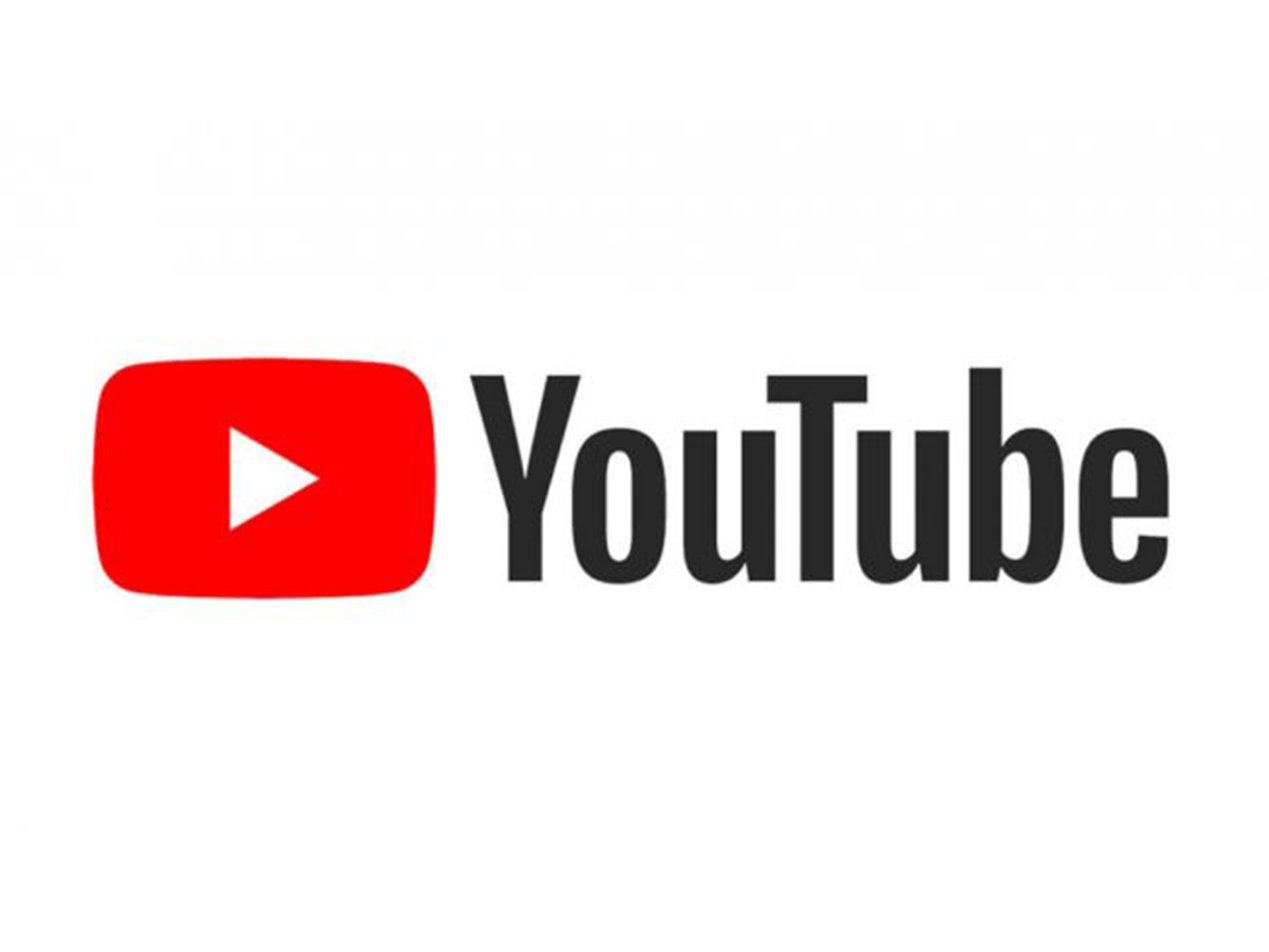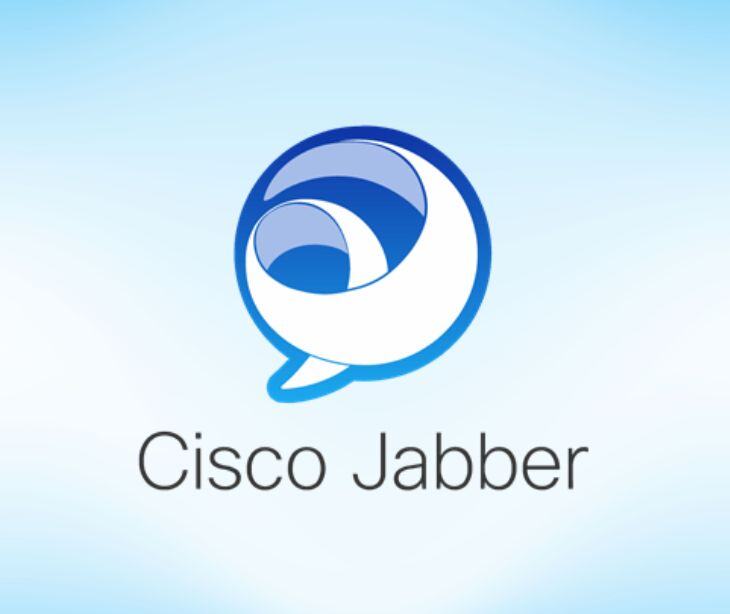
YouTube is a video-sharing platform that provides tools for uploading, streaming, and monetizing video content.
With YouTube, users can create and share videos, engage with audiences through comments and live streaming, and analyze performance metrics. This helps individuals and businesses expand their reach, grow their brand, and connect with viewers worldwide.
Is Youtube HIPAA compliant? No, based on our research, Youtube may not be HIPAA compliant.
Will Youtube sign a business associate agreement (BAA)?
No, Youtube will not sign a business associate agreement and therefore is not HIPAA compliant.
Conclusion
Youtube does not sign a BAA and is, therefore, not HIPAA compliant.
Learn more: HIPAA Compliant Email: The Definitive Guide
FAQS
What is a business associate agreement?
A business associate agreement (BAA) is a legally binding contract establishing a relationship between a covered entity under the Health Insurance Portability and Accountability Act (HIPAA) and its business associates. The purpose of this agreement is to ensure the proper protection of personal health information (PHI) as required by HIPAA regulations.
What is HIPAA?
The Health Insurance Portability and Accountability Act (HIPAA) sets national standards for protecting the privacy and security of certain health information, known as protected health information (PHI).
HIPAA is designed to protect the privacy and security of individuals’ health information and to ensure that healthcare providers and insurers can securely exchange electronic health information. Violations of HIPAA can result in significant fines and penalties for covered entities.
Who does HIPAA apply to?
HIPAA applies to covered entities, which include healthcare providers, health plans, and healthcare clearinghouses. It also applies to business associates of these covered entities. These are entities that perform certain functions or activities on behalf of the covered entity.
Subscribe to Paubox Weekly
Every Friday we'll bring you the most important news from Paubox. Our aim is to make you smarter, faster.



